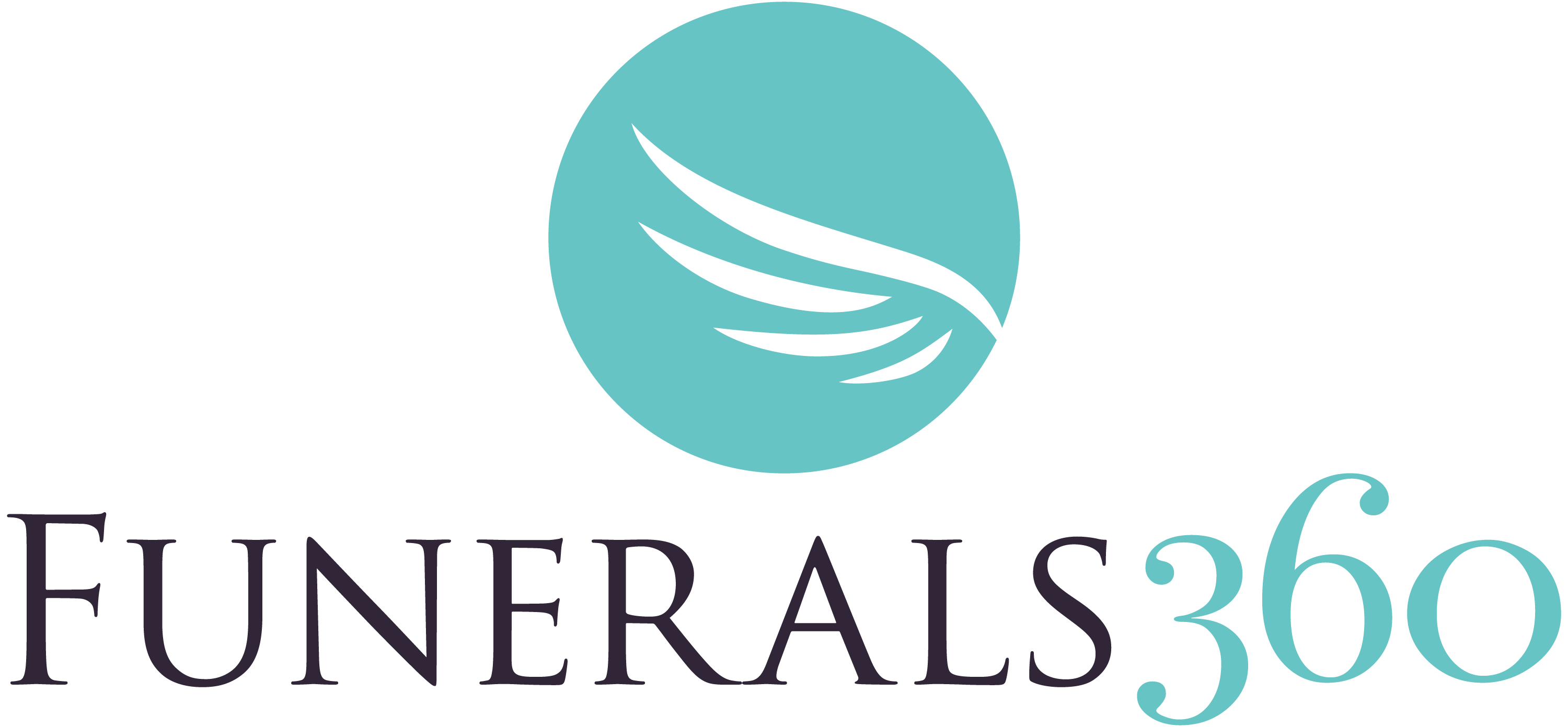Death with Dignity is a movement to provide options for the dying to control their own end-of-life care. Melissa Barber of the Death with Dignity National Center helps us better understand the laws and options available to residents in select US states which support Death with Dignity.
What does it mean to die with dignity?
It’s a tough question, and one which could be answered countless different ways by any person facing a terminal illness. For some, it will mean trying every treatment possible to extend life. Others will opt to focus purely on comfort care earlier and work with their medical team to remain as comfortable as possible--even if it means being heavily sedated in their final days.
Under the Vermont, Oregon, Washington, California, Colorado, and DC Death with Dignity laws, some will decide to have more control of the timing and manner of their deaths with the help of medication prescribed by their doctors.
Patient-Centered Care
Each option centers around one common theme: patient-centered care. This care model empowers patients and their doctors to work together to determine the most appropriate treatment options for each individual patient.
Patient-centered care is at the heart of end-of-life healthcare policy reform allowing for Death with Dignity laws, and what the Death with Dignity National Center supports and advocates for throughout the US. This rarely used option (accounts for 0.2% of all deaths in Oregon), allows mentally competent adults who’ve been given six months or fewer to live the option to request medication from their doctors which would hasten their impending deaths.
Death With Dignity Process
The request process, which includes two doctors and waiting periods, is thorough and full of safeguards to ensure the patient--and no one else--is asking for the medication. The decision rests solely in the patient’s hands all the way through to the final choice of whether or when to ingest the medication. This person can opt out of the request process at any time. In fact, a third of the people who request the medication never end up taking it. Simply having the prescription provides comfort; they know they have control if their suffering gets to be too great.
As part of the request process, the person’s doctor must discuss all other feasible options including hospice and palliative care. Hospice enrollment is dramatically higher among people who request the medication than the national average for hospice usage. In 2012, 97% of the people who exercised their rights under Oregon’s law were also enrolled in hospice. By way of comparison, the National Hospice and Palliative Care Organization estimates 45% of deaths in the US are under the care of hospice (2012 Report).
The greatest human freedom is to live, and die, according to one's own desires and beliefs. There are many aspects of patient-centered care which ensure all people can decide for themselves what’s best for them: excellent doctor-patient communication, end-of-life care planning, access to quality palliative and hospice care, and the option of physician-assisted dying. Death with Dignity is a movement to provide options for the dying to control their own end-of-life care.
Use Funeral360's End-of-Life Guides by State to see if your state has passed with Death with Dignity legislation or has a Bill supporting.
About the Death with Dignity National Center
 Death with Dignity National Center is a 501(c)3, non-partisan, non-profit organization that has led the legal defense and education of the Oregon Death with Dignity Law for nearly 20 years.
Death with Dignity National Center is a 501(c)3, non-partisan, non-profit organization that has led the legal defense and education of the Oregon Death with Dignity Law for nearly 20 years.
The mission of the Death with Dignity National Center is to promote Death with Dignity laws based on our model legislation, the Oregon Death with Dignity Act, both to provide an option for dying individuals and to stimulate nationwide improvements in end-of-life care.





